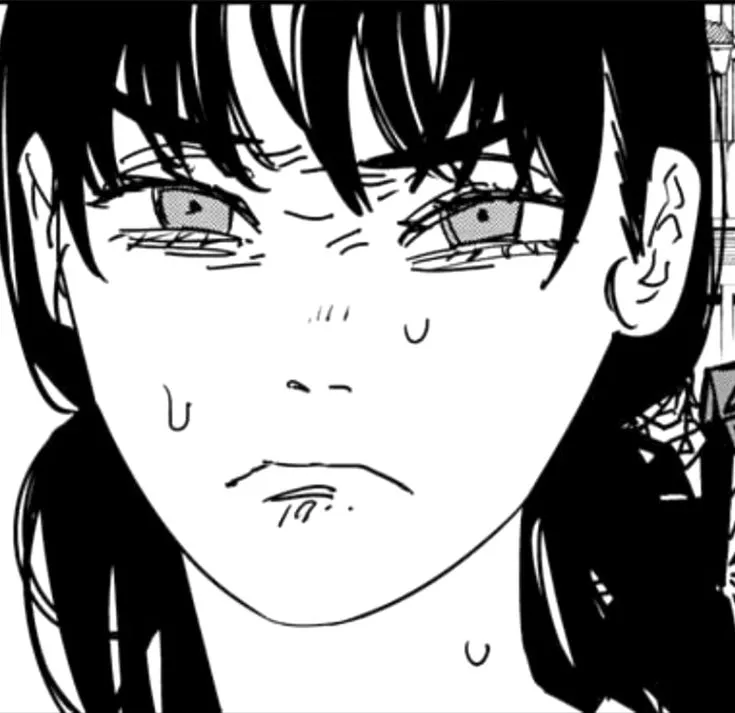It’s the 21st century, a new world of glass and concrete. We are focused on empirical science and rationality, increasingly detached from the natural world. There are things that don’t make sense, like quantum mechanics and black holes, but magic? It just doesn’t belong, exists purely in the mind. Most fantasies have clear distinction, opting for one or the other, but not Control. Control doesn’t believe in escape, it makes magic feel real, plausible, bridging the gap between fantasy, and reality. For that, it is one of the strongest takes on the genre, or maybe, genres, and among those with the most to say.
Postmodern Magic
In Control, magic is contrasted with everything that represents its opposite to emphasize both extremes. The game highlights how the modern world’s hostility towards magic clashes with the significance of magic in a contemporary setting. The juxtaposition of Chaos and Order, that Control’s central theme.
The Federal Bureau of Control (FBC) is a place of science, where magic is repeatedly validated and legitimized by contemporary standards. This Bureau, an embodiment of human power and organization, is now infused with red, relieving the burden of routines, protocols, and hierarchies. This stark contrast, depicted in every moment of gameplay, is evident from a glance, to the storyline itself. This is art: it conveys profound human truths and stimulates thought. Within the Oldest House, magic has adopted a bureaucratic form—runes become symbols, rituals turn into protocols, and grimoires transform into written bulletins. Gods and Kings become Boards and Directors. The service weapon, once Excalibur or Mjolnir, now a gun or guns. And The Oldest House, once Yggdrasill, now a looming skyscraper.

The contrast extends further as we, playing as Jesse Faden, take part in it directly. The symmetrical, pristine concrete, designed in absolute opposition to what we will make of it. This artistic approach is highly effective.

A Central Narratives
Swiss psychoanalyst Carl Jung’s theory of the collective unconscious posits that certain ideas, knowledge, and imagery are universally shared among humans, stemming from our ancestral and ancient experiences. This collective memory encompasses common themes like heroes, gods, and creation myths.
In Control, the most striking element is its setting: a uniquely named government building called the Oldest House. This shifting, liminal space with its Brutalist exterior houses the FBC, an agency that meticulously catalogs supernatural objects within its vast, sterile office environments. The game explores humanity’s instinct to name and categorize the unknown, transforming dreams and abstract concepts into structured departments.
As Lake observed, “We are prisoners of these ideas, driven by a strong desire to seek and create answers, and to establish rules and definitions. While it may be impossible to fully escape these confines, striving to do so in fiction and art remains crucial.”
A worm through time
None of Control’s characters, not even Jesse, are humans. They are, at best, plot devices, at worst, Sam Lake mouths and the story is driven not by character developments, but problems to solve. But Control doesn’t have one story, there are many, hidden away in files, records and audio logs, and that is where all the substances lie. You just have to, learn, standing, sitting, reading and listening, you won’t. Everyone hates homework because it’s something you have to do outside of class, in your free time, when you are free, with no promised gratification. And so it sucks, that there is little to no momentum to push you down the spiral.
Trust is essential in any mystery-driven narrative. Without emotional involvement, audiences are aware of how far it is logical to speculate. If they believe the creators haven’t considered such depths, they won’t either. While people understand they may not grasp every detail, they need the chance to believe they might. Engagement with the story’s lore is directly tied to how much trust is built, and establishing that trust is challenging. The holes in the main story have casted a shadow of doubt and a harmful pressure to do what the central narratives won’t.
We all have questions, but can Sam Lake answer them all? If he can’t even write compelling characters, then what are the chances of him realizing a complex web of backstories? Are much of his worlds just nonsense and weirdness disguised as mystery? It’s not, answers are out there, you just gotta pay attention. Trust is not earned in Death Stranding, it was given through connections with the gameplay and the game’s world, and with Kojima himself, even though he is still a bad writer. But trust in Remedy, you would likely lose the magic.
Trench yaps for 5 minutes explaining major plot points:
What’s weird.
Stories succeed by evoking emotions, but Control doesn’t. Control is lucky, its strong central narrative means any story flaws have minimal impact. If you’re searching for meaning in the game, Control won’t provide it, but instead, leaves you with a void to fill yourself. To rebel against convention, where convention itself is a rebel against the unknown. It’s briliant, it’s so fucking meta.
More
Boogiepop and Sonny Boy are works of art that have successfully earned my trust in its weirdness. Partly, because I like anime, but mostly, because their non-unisocial settings allow them to, they have a clear advantage. But I don’t think about them as much as Control. If Control has the lowest lows then its highs must be the highest, and hits much harder then any medium ever could.
These works are crafted by true geniuses who excel not only in abstract storytelling but also in intricately weaving narratives with subtlety, exploiting their creative strategies in every aspect. I can’t glaze them messes of masterpiece enough. The sheer creativity, dedication, and artistry involved in bringing such profound and thought-provoking stories to life is fucking astounding, and it’s what the industry desperately lacks.
Despite their niche audience, the impact on those who engage with them is nothing short of monumental. They spark introspection, inspire new perspectives, and leave a lasting impression that goes beyond mere entertainment. They push the boundaries of storytelling and animations, proving again that no story is bound by one genre.
Each person can indulge in their own unique perspectives and, as they ponder, self-reflection. It’s important to recognize and support such innovative projects, as they offer something truly unique. The creators behind these works deserve immense respect for their vision and effort, taking creative risks and continuing producing content that resonates deeply, no matter how small their audience is.


